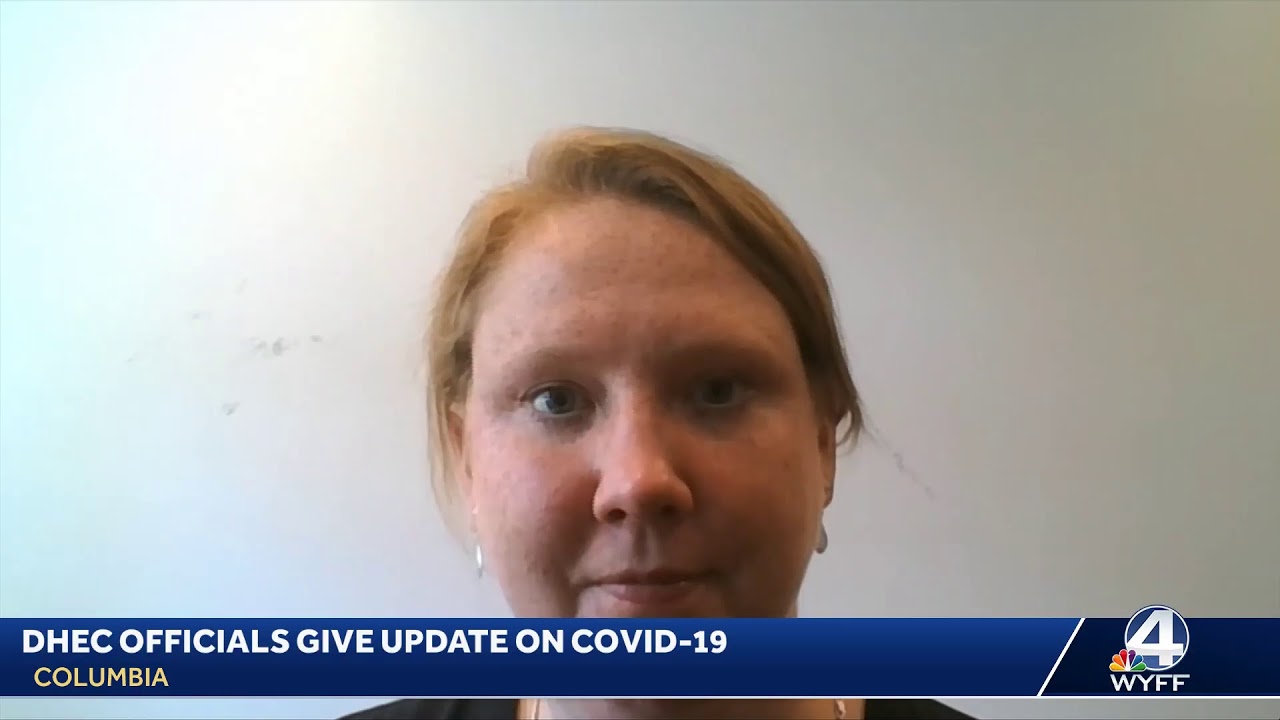A taco-truck business that grew into a catering company, then moved into food delivery, now must pivot again. Two companies — a midsize marketing-PR agency and a staffing firm with some 2,000 employees — suddenly face COVID-19’s work-from-home challenges.
These are case studies in various sized businesses forced to navigate the pandemic. And they are the companies three Clemson MBA Executive Class students examined this semester to produce in-depth reports aimed at helping them identify and solve corporate problems.
“One of the things that has been most valuable: having that real-world experience and getting your hands dirty, instead of just reading the textbook,” says Tucker Pettigrew, 23, a freshly minted Clemson grad with a communications major and a minor in legal studies.
The Beaufort native studied (virtually) alongside classmates Chris Carsten, who worked with a large staffing and recruitment company in Greenville, and Tobias Gann, who just turned in the case study he prepared for Mojo Tago, a food-service business in Columbus, Ohio.
“I do think it’s a deeper dive for the student, and I love seeing their gifts come into play.” -Gail DePriest, senior lecturer and director, Executive Leadership and Corporate Relations, Clemson MBA
The four-year-old Clemson program matches companies with students based on students’ skill sets and their own preferences, says Gail DePriest, senior lecturer and director of Executive Leadership and Corporate Relations at Clemson MBA. Each fall, the course focuses on a single sector: manufacturers, nonprofits and, this semester, privately held businesses.
Carsten, 27, a Wofford College graduate, brought to the staffing company his experience from the four years he had worked at Canal Insurance Co., three of those in Canal’s risk management department.
“What was the most difficult for me was just really trying to get up to speed as much as possible about staffing so that I could really try and dig in and figure out the different pivots they had made,” he says.
Gann, a 25-year-old University of Washington graduate who Zoomed into Clemson from his home in Lacey, a suburb of Olympia, Washington, worked with Brian Reed, owner of the taco truck-catering company.
“Brian’s got a lot of great ideas,” Gann says. “We just kind of bounced them off each other.”
Turns out Reed is also a current Clemson MBA candidate, although enrolled in another program. Of Gann, he says, “He was very aware of what I’m going through with my business during this crazy time. He was genuinely interested in what I was doing — and I did it.”
Meanwhile, Pettigrew, who also works for Clemson’s Athletic Communications Department, took on RingoFire, a Greenville PR and marketing agency. Its problem? How to gauge the efficiency of its creatives.
Pettigrew gathered data from agency employees’ timesheets to show how they use their time. From his Excel spreadsheets, he generated what he calls “data visualization,” actual graphics included in the case study he will ultimately turn over to Brian Stearns, RingoFire’s founder and CEO.
Stearns, who started his agency in 2016 out of his own Clemson MBA work, now employs 38 people.
“Tucker is a bright example of the next generation of entrepreneurs. His level of interest, detailed follow-up and strategy that he was able to offer to RingoFire have been extremely valuable,” he says.
Prashant Prabhu, DePriest’s fellow instructor whose 35-year career with Michelin sent him all over the world, commends the program’s educational model, which straightaway throws students into the real world of corporate agility.
“I think it’s very courageous for the students to sign up for it because there is no curriculum,” he says. “They are the ones doing all of the discovery.”
DePriest underscores the value students gain from their experiences — along with the benefits the program and its students afford to businesses.
“I do think it’s a deeper dive for the student, and I love seeing their gifts come into play,” she says. As for each participating company, she notes: “It allows the organization to also take a pause and do reflection, so I’m hoping that we’re adding value to the organization.”Executive syllabus
From Clemson MBA’s catalog:
- Students (in teams) will construct their own case studies from their investigation and analysis of a project or subject proposed by businesses.
- Producing these case studies will require research, inquiry, summarizing and writing in order to create an actual case study that will be provided to the organization and may be used in other MBA classes.
- Students will invest the bulk of their time in understanding the subject, researching it for background and context and meeting with executive leaders from the proposing organizations to extract information that will be summarized and lead to the creation of the narrative around a key project proposed for study by the organization.
Source: Clemson MBA
The post Business intelligence: Clemson MBA Executive Class dives into real-world corporate problems appeared first on UPSTATE BUSINESS JOURNAL.











